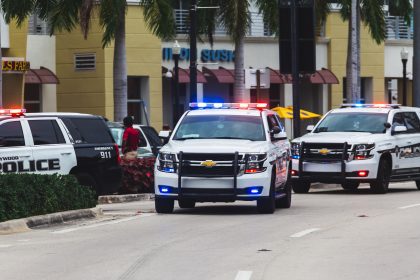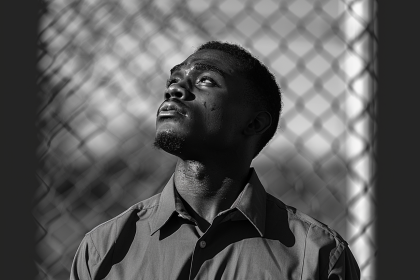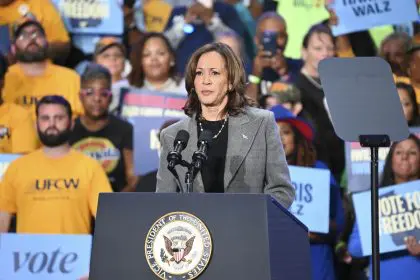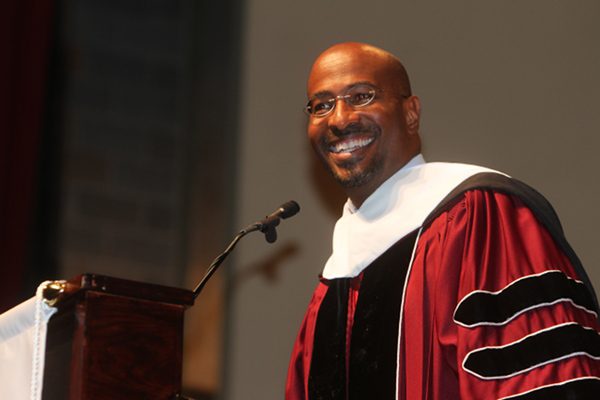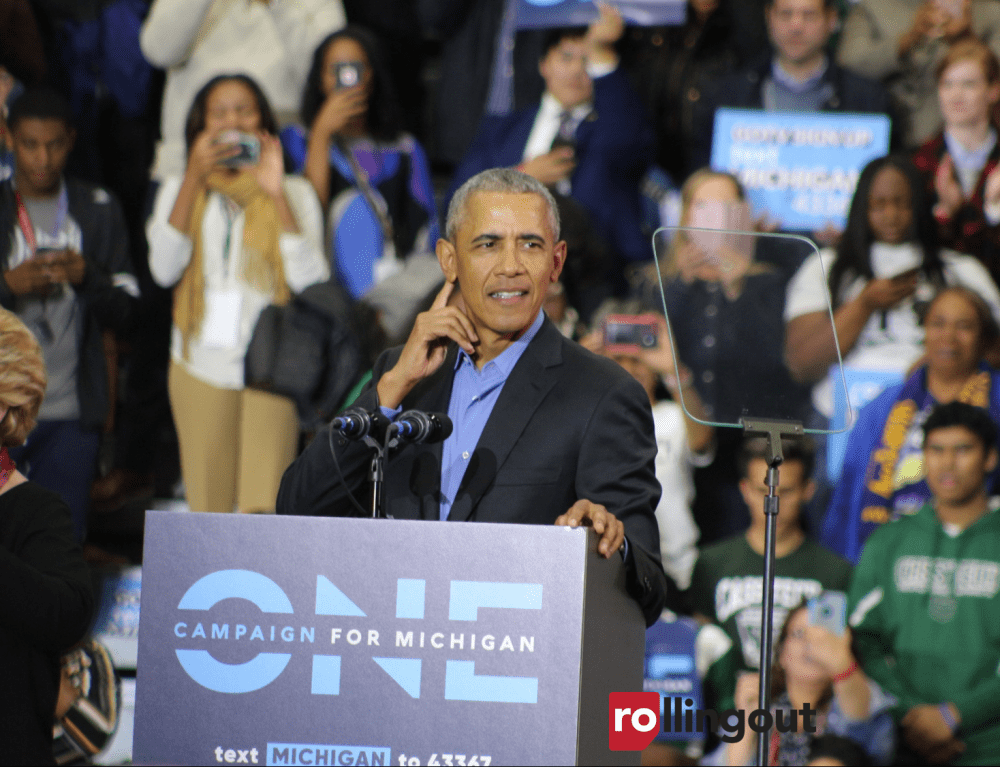
President Barack Obama commuted the sentences of 61 federal inmates Wednesday as a part of his ongoing effort to grant clemency to those harshly sentenced during the war on drugs era.
Obama wrote a letter to the inmates, one-third of whom were serving life sentences, according to The Washington Post.
“The power to grant pardons and commutations … embodies the basic belief in our democracy that people deserve a second chance after having made a mistake in their lives that led to a conviction under our laws,” he wrote.
On the same day, the president ate lunch with seven former inmates — three of whom had their sentences commuted under Obama, two under former president Georgia W. Bush, and two under former president Bill Clinton. After meeting in the Roosevelt Room of the White House and taking pictures, the group had their meal at Busboys and Poets, a well-known restaurant owned by liberal activist Andy Shallal on Washington’s 14th St. NW.
Although Obama has granted clemency to 248 federal inmates in total, some sentence reform advocates still note that much more needs to be done. For many, the fact that 9,115 clemency petitions from inmates are still pending is a major problem.
“Sixty-one grants, with over 9,000 petitions pending, is not an accomplishment to brag about,” said Mark Osler, a law professor at the University of St. Thomas in Minnesota who supports inmates petitioning for clemency. “I know some of those still waiting, men who were grievously over-sentenced, who have reformed themselves, and never had a record of violence. My heart breaks for them, as their hope for freedom — a hope created by the members of this administration — slips away.”
White House officials have said that not only will Obama grant clemency to more inmates before his term is complete this year, but he is also prepared to change the way non-violent drug offenders are punished.
“Despite the progress we have made, it is important to remember that clemency is nearly always a tool of last resort that can help specific individuals, but does nothing to make our criminal justice system on the whole more fair and just,” said White House counsel W. Neil Eggleston. “Clemency of individual cases alone cannot fix decades of overly punitive sentencing policies. So, while we continue to work to resolve as many clemency applications as possible — and make no mistake, we are working hard at this — only broader criminal justice reform can truly bring justice to the many thousands of people behind bars serving unduly harsh and outdated sentences.”
The White House will host an event Thursday called Life after Clemency, which will include former inmates, their lawyers, and sentence reform supporters.

